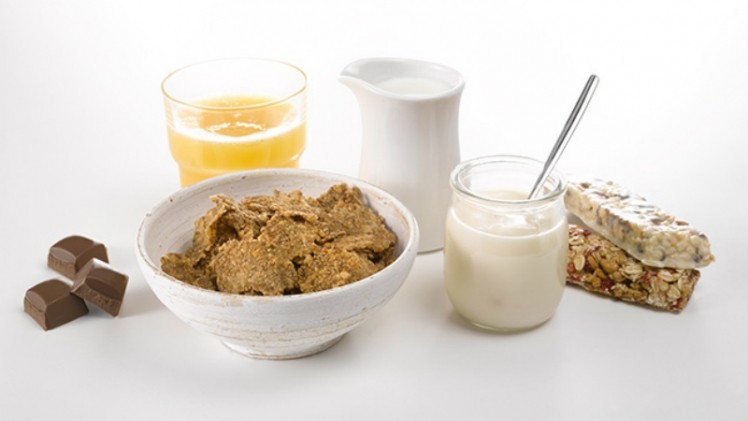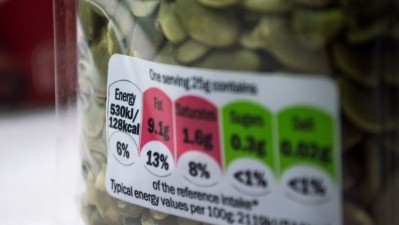Navigating ASEAN additive regulations: DuPont receives Thai FDA approval for microbe-based food preservative

Cyndy Au, the firm’s Regional Director, Regulatory & Scientific Affairs, Asia Pacific told us that the attempt to register MicroGARD in Thailand started in 2014, but was only accepted for registration in 2017 and approval finally received recently.
“[MicroGARD] products are produced by naturally fermenting a non-fat dry milk or dextrose-based media with unique microorganisms approved by the International Dairy Federation,” she said.
“MicroGARD is a unique innovation and not listed in the Codex International food regulations framework, [so] we had to work very closely with the relevant authorities to adhere to the extensive stringent reviews.”
The company faced a number of challenges when going through the Thai Food and Drug Administration (FDA) approval process.
Unlike other countries that regulate innovations such as MicroGARD under a ‘foods not elsewhere standardised’ category, Thailand based its approvals on factors such as the product’s shelf-life extension and yeast- and mold-prevention functionalities.
“Thailand has a pre-marketing approval system. Food safety, specifically, indiscriminate use of food additives by manufacturers, is a prevalent problem faced by the Thai authorities,” explained Au.
“[In other words], it was regulated as a food additive [and approval was based on] the quantification of the components that provide this functionality,” Au added.
“This was a challenge for a fermented ingredient, as the organic acids are a naturally-produced mixture during the fermentation process [which is] not easily quantified in each batch.”
“[Although] the aim of the regulations is to limit the use of listed food additives such as propionic acid, the existing regulations do not [consider fermented products such as ours]. [These have] organic acid mixtures that are difficult to purify, quantify and differ by batches in the manufacturing process.”
Within the Asia Pacific region, MicroGARD products have also been approved for use in Malaysia, Philippines, Singapore, Vietnam, China, Australia and New Zealand. Thailand was the most recent to join this list.
MicroGARD science and technology
Au emphasised to us that MicroGARD is much more than a typical food preservative.
“[MicroGARD] products are fermentates, and should not be regarded simply as non-synthetic preservatives. Rather, [these] are whole fermented ingredients capable of imparting the benefits typical to fermented foods to non-fermented foods,” she said.
She added that in addition to protective properties that could help slow or inhibit food spoilage microorganisms and/or foodborne pathogens, the product also imparts positive flavour and textural attributes.
Its background R&D was based on the traditional process of food fermentation, where bacterial cultures were added to common fermented foods like kimchi and cheese and left to ferment.
According to Au, metabolites resulting from this process would give the fermented food ‘characteristic aroma, flavour, texture and keeping properties’.
“MicroGARD fermentates [are] produced by fermenting a non-fat dry milk or dextrose-based media with cheese/dairy starter cultures with long histories of safe use in production of fermented foods,” she added.
South East Asian regulation harmonisation impact
Au added that the non-harmonised regulatory frameworks that currently exist in the ASEAN region have had a significant impact on how MicroGARD products have been regulated.
“For example, in Malaysia, MicroGARD products are approved as foods, under Food Regulations 1985 as ‘Cultured milk or Fermented milk’ or for fermented/cultured as ‘Foods not elsewhere standardised’ [and thus] not regulated as food additives,” she explained.
However, the regulatory frameworks in other South East Asian countries have not allowed for this option, which has led to a disconnect in approvals.
Au added she was less than optimistic about the future of harmonisation for food additive regulations in the region.
“Even if there are such efforts behind closed doors, in my view, it will take a very long time, based on observation of the journey in the harmonisation of the food labelling process.”


















